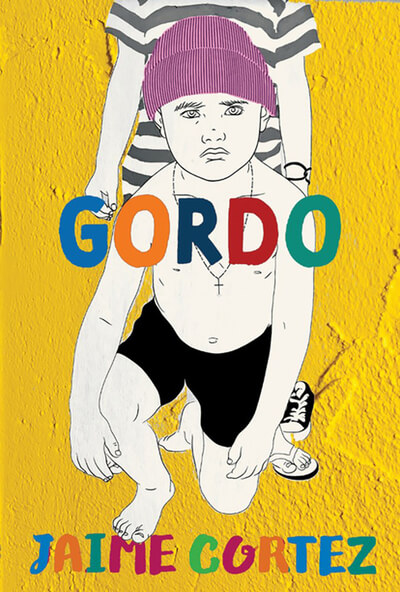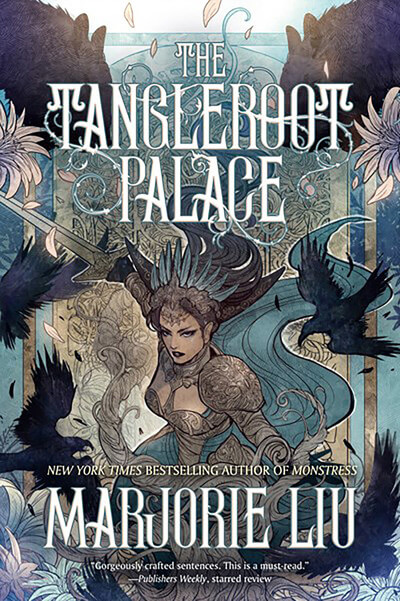For the Relief of Unbearable Urges is 28-year-old Nathan Englander's first collection of stories: Jewish stories by a Jewish writer which transcend the particular and soar into the realm of the universal.
The stories are particular, indeed stories about a Stalinist pogrom, a ghetto roundup, a rabbi Santa Claus, and a desperate wigmaker, to name a few. They can be shockingly brutal, comical, despairing, hopeful. Englander's miraculous imagination, allied with compassion and insight, make even the most unbelievable of scenarios not only possible, but probable. Not many writers could manage the black humor of a story about half-starved Jews who have missed their train to Auschwitz and wind up impersonating circus performers for the Fuhrer.
In "The Gilgul of Park Avenue," Charles Morton Luger, a gentile, enters a New York cab one evening and becomes Jewish. He hasn't been taking Judaism classes or talking to a rabbi. He neither lives nor works with Jews. But: Ping! Like that it came. Like a knife against a glass. He alerts the cab driver, Jewish. Jewish, here in the back. Telling his wife of 27 years requires more forethought. Her reception of the spontaneous conversion is not enthusiastic. As Charles's religious observance increases, shalom bayit peace in the home decreases. His efforts to be a good Jew are endearing, noble, and pathetic.
Englander didn't convert to Judaism in the back of a cab he was raised in the orthodox tradition thus the authentic flavor of his stories. A yiddish dictionary or a little familiarity with the culture is required to savor the nuances of the stories, although many of the terms can be understood in context, or are explained as they crop up. The author is as convincing an authority on both worlds perhaps because he has since broken with his traditional upbringing.
The people of the book in this case not only Jews, but anyone interested in books of imaginative, deftly spun stories will hope this collection is but a tantalizing forshpice of many future works from Englander.


























